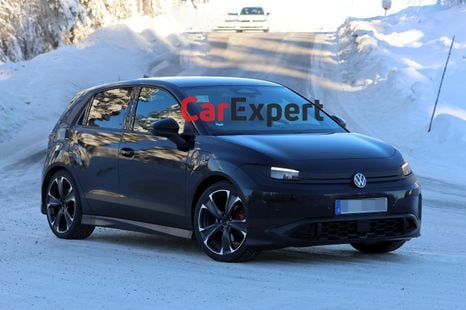

Damion Smy
2026 Volkswagen ID. Polo EV spied along with ID. Polo GTI electric hot hatch
6 Hours Ago

Senior Contributor
The Australian distributor for burgeoning Chinese EV company BYD plans to launch a sleek new electric sedan late in 2022, aimed squarely at the market-dominating Tesla Model 3.
Called BYD Seal in its domestic setting, there’s a good chance it could be called the BYD Atto4 in Australia, since the company’s first mainstream product here, a small SUV, is called Atto 3.
A series of entries submitted to China’s Ministry of Industry and Information Technology gives some key data on the vehicle, which in terms of pricing and more importantly stock availability could be the closest competitor yet to the ubiquitous, Shanghai-built Tesla.
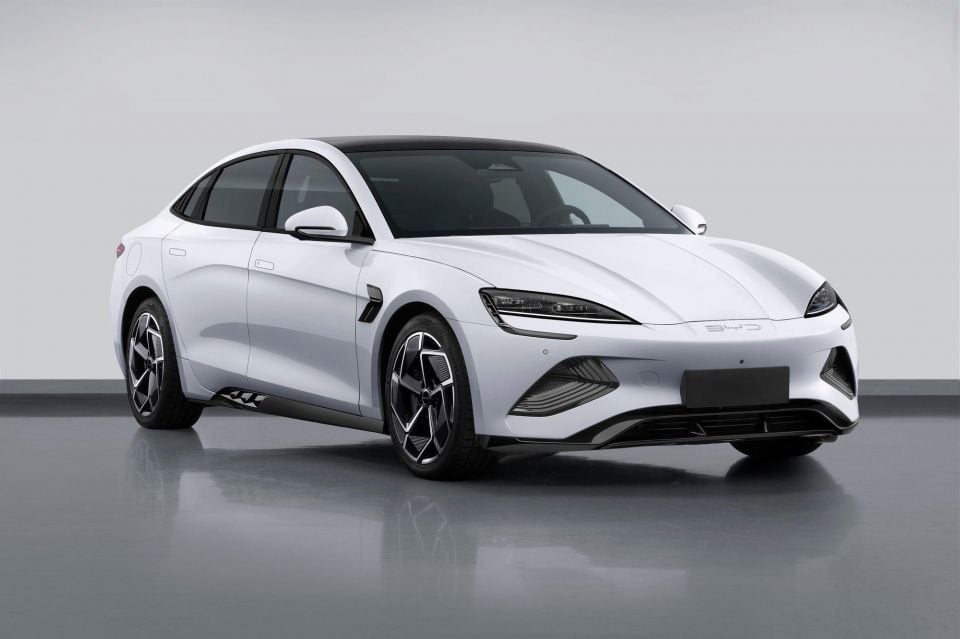
The BYD Seal’s styling, penned under the leadership of former Audi design head Wolfgang Egger, closely mimics that of the recent BYD Ocean-X concept.
The database entry shows dimensions for the BYD Seal of 4800mm long, 1875mm wide and 1460mm tall, sitting on a 2920mm wheelbase. By contrast the Tesla Model 3 measures 4694mm long, 1933mm wide, 1443mm tall, and sits on a 2875mm wheelbase.
The Seal is based on BYD’s new flexible, skateboard-like ‘E-Platform 3.0’ with the brand’s proprietary ‘Blade’ lithium-iron phosphate batteries integrated. This style of battery chemistry – also in the China-made Model 3 – is designed to maximise stability and life cycle.
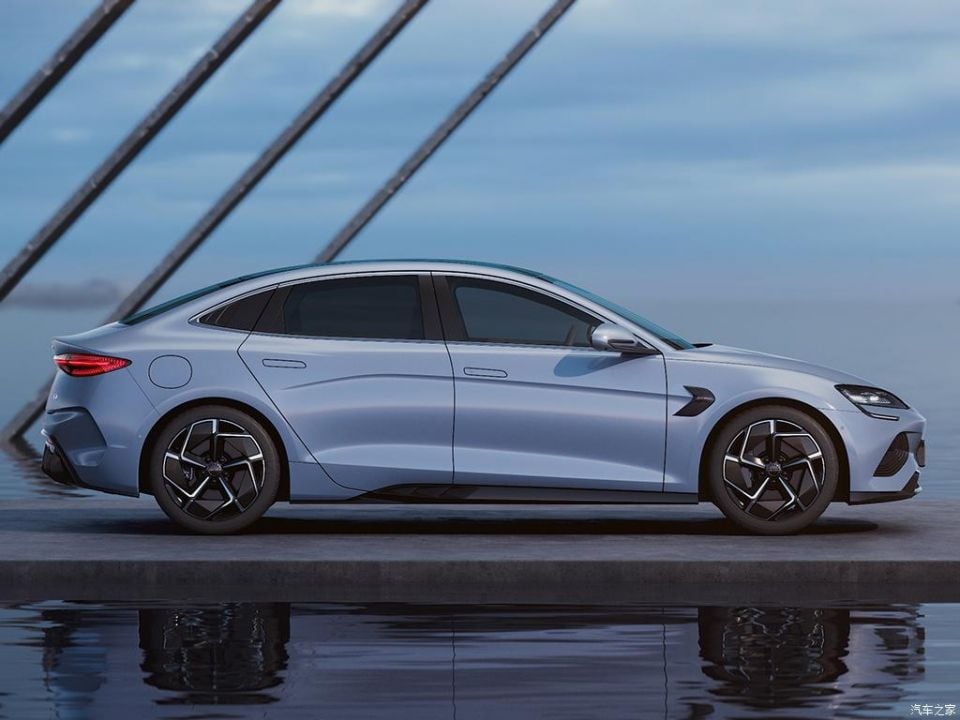
This platform also houses a Porsche Taycan-style 800V system enabling rapid charging; the claimed ceiling is 150km of added range in five minutes at the appropriate level of DC public charger.
While battery energy storage is not listed, the postings do show the expected outputs of the various permanent magnet synchronous motor configurations.
A base version looks to use a 150kW rear motor, a mid-grade single-rear-motor model uses a 230kW motor, and a flagship dual-motor model to rival the Model 3 Performance use a 160kW front and 230kW rear motor – for 390kW total.
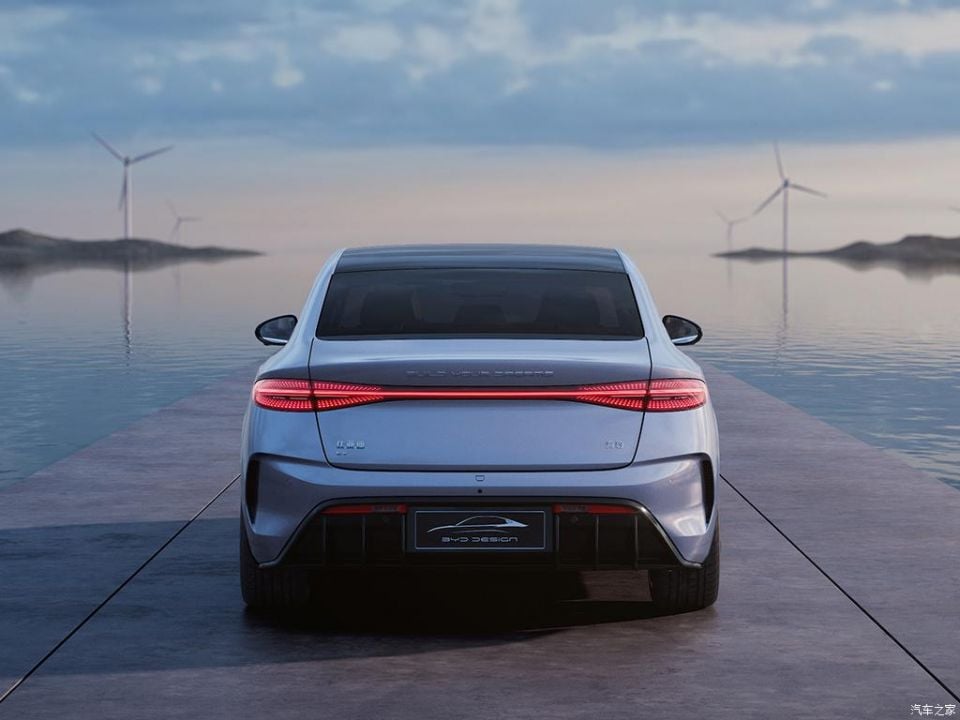
There’s no mention in the data filing of front- or rear-wheel drive, but the dual motor’s naming code for its rear unit is the same as that used in the single-motor models, meaning RWD seems a fairly likely bet.
In a previous media release, BYD said electric all-wheel drive models built on the E-Platform 3.0 would be capable of a 0-100km/h time as low as 2.9 seconds – though again, it isn’t certain that this time refers explicitly to the Seal/Atto 4. The quickest Tesla Model 3 does the dash in 3.3 seconds.
Various Chinese media reports seem to hint at a peak 0-100km/h claim of 3.8 seconds for the BYD, and a maximum urban range (likely on the generous Chinese testing cycle) of 700km. There’s no official confirmation of these figures as yet.
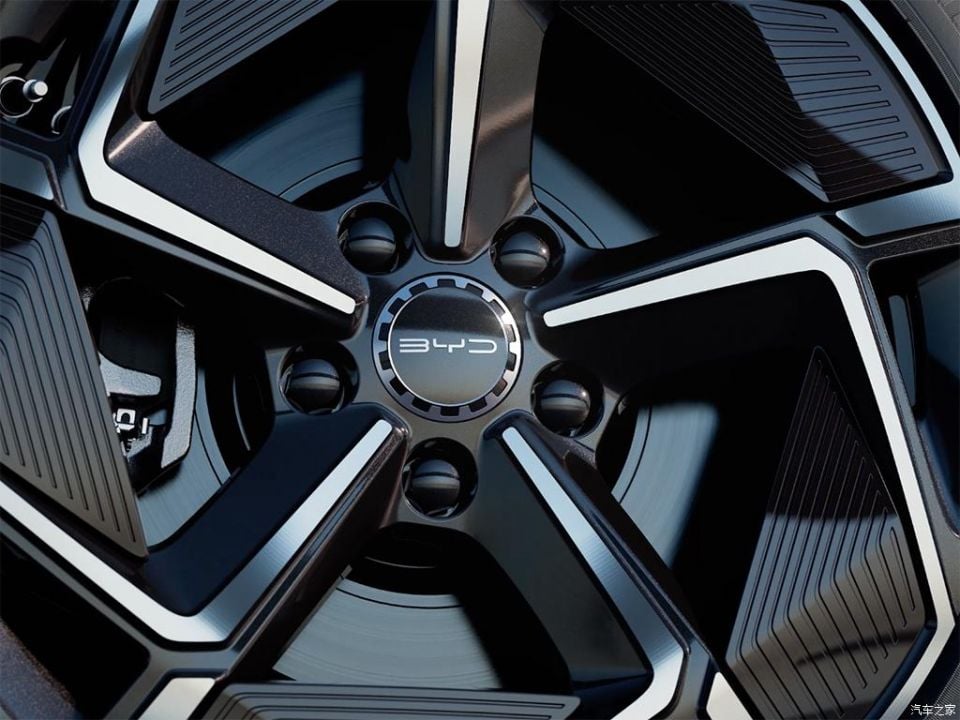
In terms of kerb mass, BYD’s filing lists figures of between 1885kg for the base to 2150kg for the dual motor – somewhat greater than the Tesla which is listed as between 1752kg and 1836kg.
On the tech front, BYD has previously said it will use the NVIDIA DRIVE Hyperion computing architecture in its new energy vehicles (NEVs) for automated driving and parking, starting in the first half of 2023.
Background for BYD Australia
BYD, backed in part by Warren Buffett and better known for its batteries and electric buses, is currently embarking on a huge global expansion, and sees Australia as a potential beachhead alongside its growing footprint in Europe.
It’s imported to Australia and sold by a distributor called EVDirect.com.au, focused on online retail augmented by customer showroom display centres.
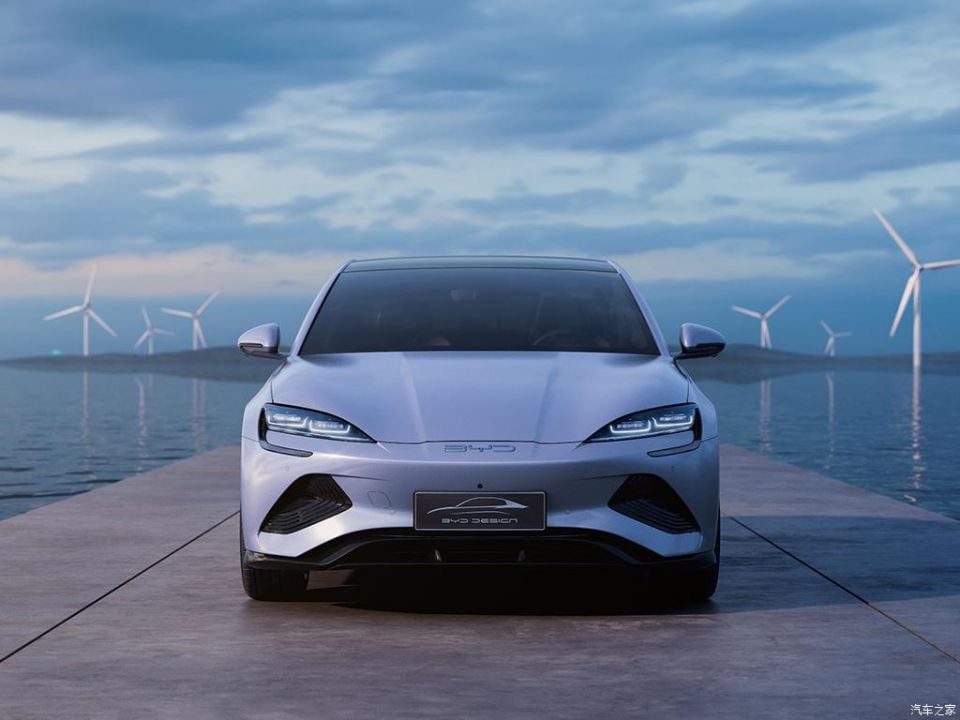
Fresh from revealing the circa-$45,000 BYD Atto 3 electric SUV in February ahead of shipments from mid-year, the company will now turn its attention to offering a potentially sub-$40,000 electric hatch and the sporty EV sedan by the end of 2022.
The ultimate goal is up to eight electric models by mid-2024, and an aspiration to be a top five overall brand, facilitated by Australia-specific right-hand drive Chinese production lines. Huge goals…
EVDirect.com.au chief Luke Todd confirmed to CarExpert today that plans for the BYD Seal/Atto 4 were advanced.
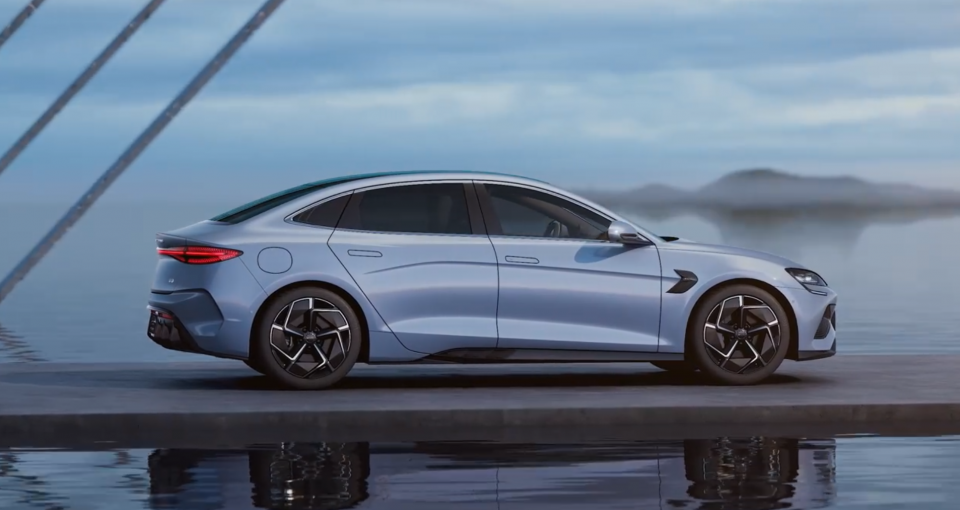
“[It] will go on sale Q4 2022 and at this stage we are aiming for March 2023 delivery, and see no reason why that will not be achieved,” he said.
BYD’s Australian representative has previously said each new model line has a production capability in China, in right-hand drive guise for this market, of 15,000 units per year – supply levels only Tesla can get near, having delivered 12,000 Model 3s to Australians last year.
“High volume production and delivery to Australia separates us from the pack,” Mr Todd added.
EVDirect.com.au recently entered into a memorandum of understanding with Australia’s largest dealer group, the publicly listed Eagers Automotive, with the intention of having around 20 fixed-price retail sites by 2024, supporting its online store.
An existing deal with Mycar, the independent repairer formerly known as Kmart Tyre & Auto, to act as an additional servicing and delivery partner, remains in place.
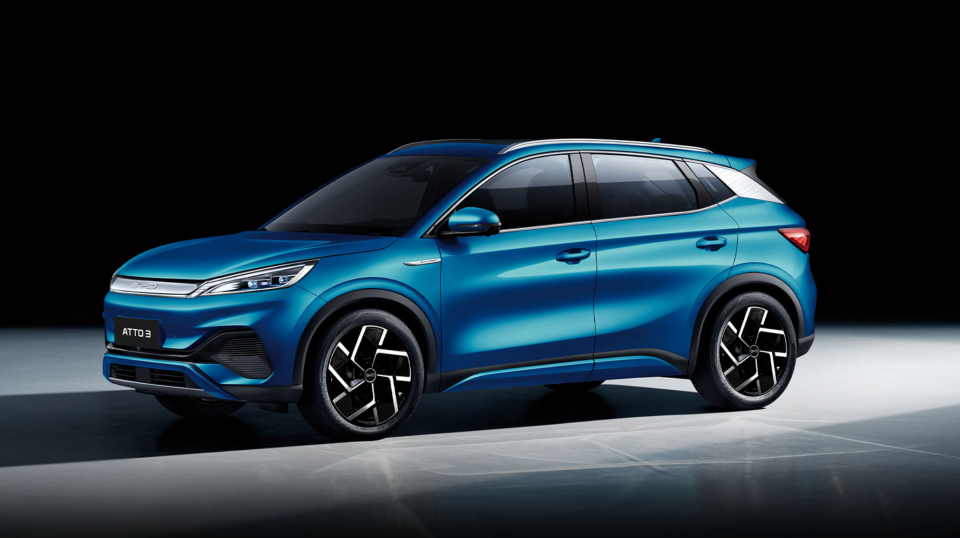
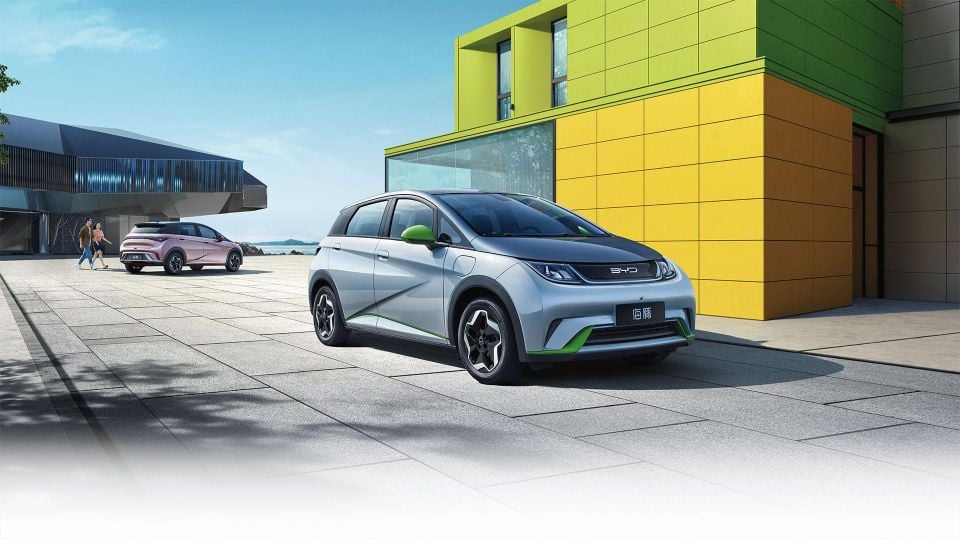
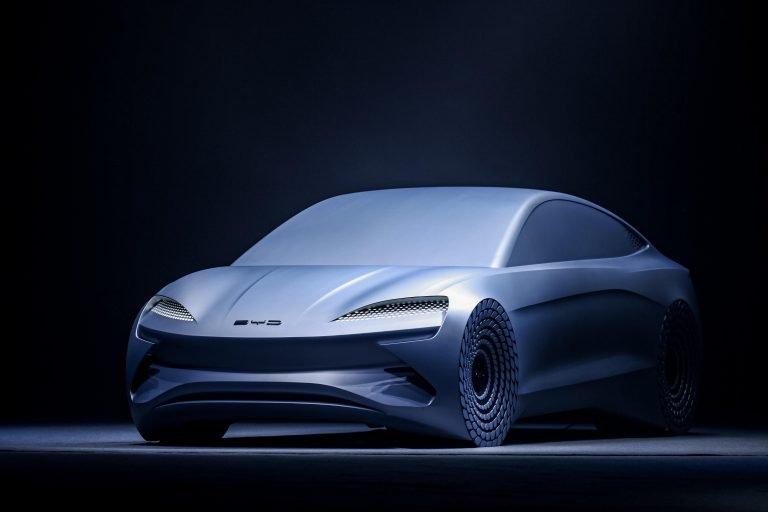
MORE: BYD ‘overwhelmed’ by demand, plans huge EV expansion MORE: Brand overview on BYD MORE: BYD, 20 retail sites and eight EV models by 2024 now the goal MORE: Local BYD importer appoints mycar to be delivery, service partner MORE: China’s BYD electric brand arrives from $44,381, online MORE: BYD Yuan Plus electric SUV locked in for Australia MORE: BYD T3 van becomes Australia’s cheapest electric car MORE: Electric 2022 BYD E6 set for local launch with $40k list price MORE: BYD’s importer takes huge EV order from Uber partner MORE: BYD promises to slash Australian electric car prices
Go deeper on the cars in our Showroom, compare your options, or see what a great deal looks like with help from our New Car Specialists.


Damion Smy
6 Hours Ago
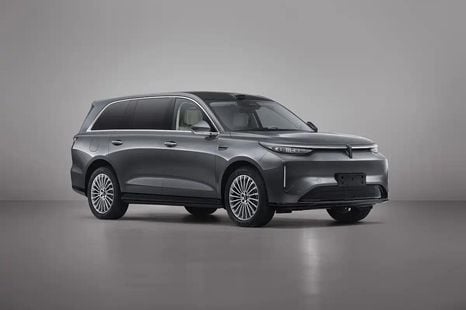

William Stopford
7 Hours Ago
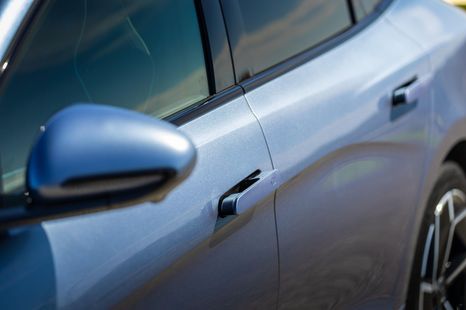

Damion Smy
10 Hours Ago
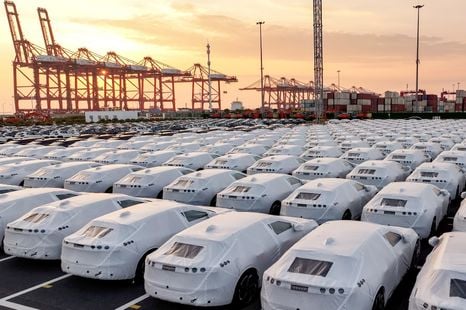

Ben Zachariah
11 Hours Ago
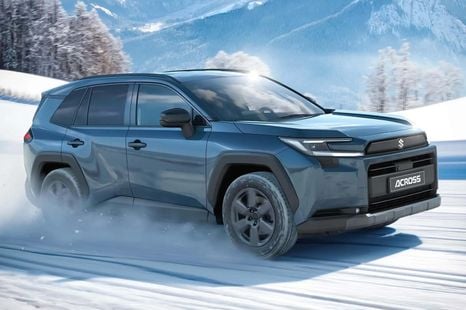

Damion Smy
11 Hours Ago
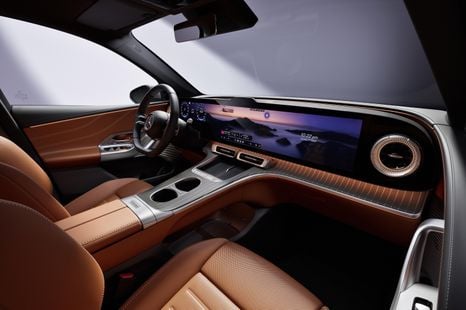

William Stopford
12 Hours Ago
Add CarExpert as a Preferred Source on Google so your search results prioritise writing by actual experts, not AI.